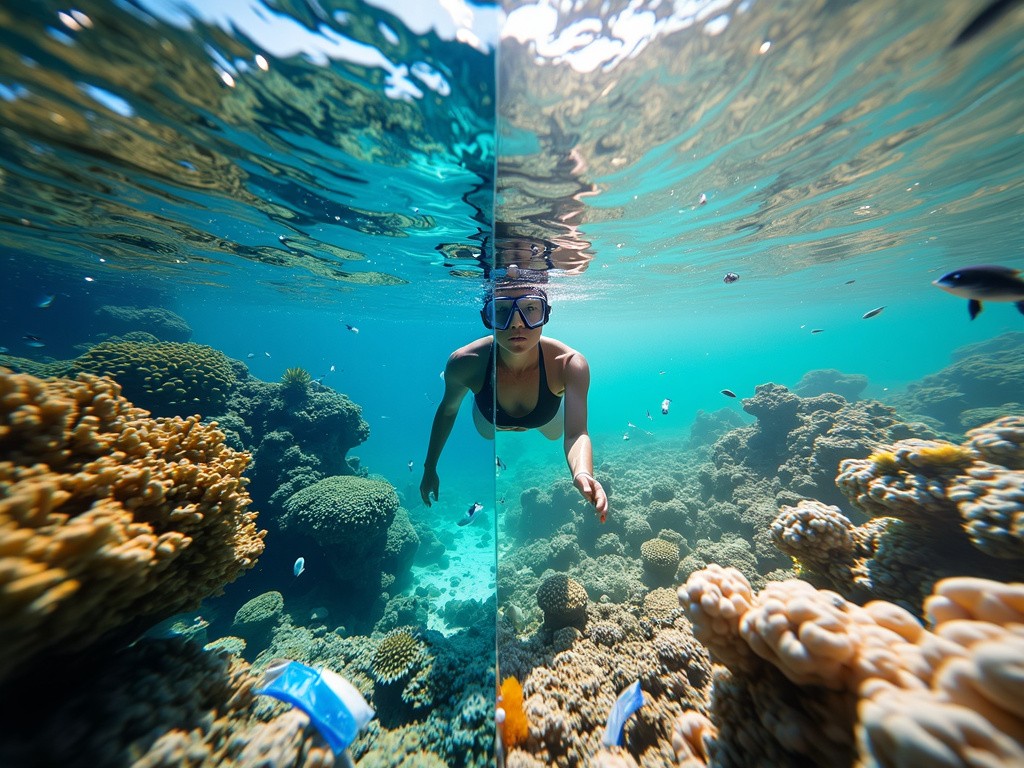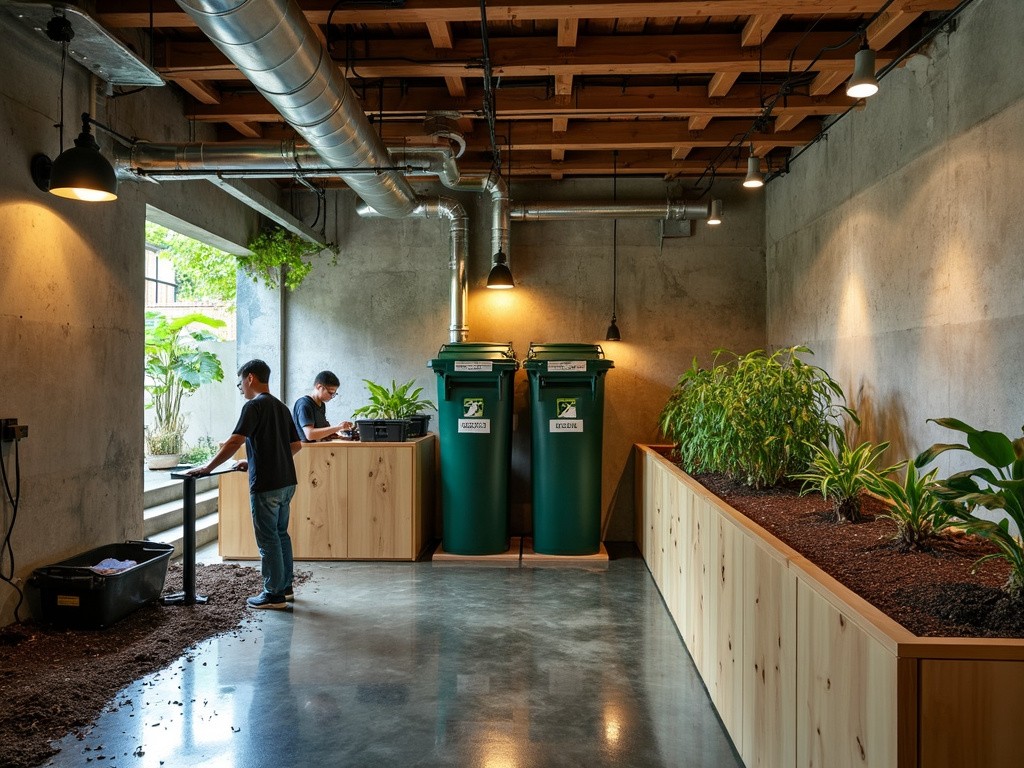As the world emerges from the shadows of a global pandemic, the tourism industry finds itself at a critical crossroads. The pent-up wanderlust of millions has unleashed a tidal wave of travelers, breathing life back into economies but simultaneously threatening the very destinations they seek to explore. This resurgence of global travel presents both an unprecedented opportunity for economic revival and a looming ecological crisis that demands our immediate attention.

The numbers are staggering. Tourism boards worldwide report record-breaking visitor counts, with some destinations experiencing double-digit growth compared to pre-pandemic levels. This surge is a testament to humanity's indomitable spirit of exploration, but it also serves as a stark reminder of the industry's outsized impact on our planet.
The economic benefits of this tourism renaissance are undeniable. From the sun-soaked beaches of Bali to the bustling streets of Barcelona, local economies are experiencing a much-needed injection of capital. Small businesses that teetered on the brink of collapse during lockdowns are now thriving, and job markets are rebounding with vigor. Governments, too, are reaping the rewards through increased tax revenues, allowing for reinvestment in public services and infrastructure.
However, this economic boon comes at a steep environmental cost. The phenomenon of overtourism, once confined to a handful of popular destinations, has now spread like wildfire. Pristine beaches are drowning in plastic waste, ancient monuments are crumbling under the weight of selfie-seeking crowds, and once-serene natural habitats are being irreversibly altered by human presence.

Perhaps most alarming is the climate impact of this travel surge. The aviation industry, already a significant contributor to global carbon emissions, is now operating at unprecedented capacity. Each takeoff and landing represents another blow to our climate goals, accelerating the very changes that threaten many of the world's most beloved tourist destinations.
Yet, amidst these challenges, a silver lining emerges. The concept of sustainable tourism, once a niche market, is rapidly gaining traction. Eco-lodges powered by renewable energy are springing up in remote locations, offering travelers a guilt-free way to commune with nature. Tour operators are reimagining their offerings, focusing on quality experiences that minimize environmental impact while maximizing cultural exchange.
Governments and regulatory bodies are also stepping up to the plate. Many popular destinations have implemented tourist quotas, ensuring that visitor numbers remain within sustainable limits. Environmental levies are being introduced, with proceeds directly funding conservation efforts and infrastructure improvements. These measures, while sometimes controversial, represent a crucial step towards balancing economic needs with ecological preservation.
Technology, too, is playing a pivotal role in this paradigm shift. Artificial intelligence is being harnessed to optimize tourist flows, reducing congestion and its associated environmental impacts. Virtual and augmented reality experiences offer tantalizing glimpses of far-flung destinations, potentially reducing the need for physical travel while still satisfying our innate curiosity about the world.
As we chart the course for the future of tourism, education emerges as a powerful tool. By fostering a sense of global citizenship and environmental stewardship among travelers, we can transform tourism from an extractive industry into a force for positive change. Imagine a world where every journey taken contributes to the preservation and regeneration of our planet, rather than its degradation.

The path forward is clear, albeit challenging. It requires a concerted effort from all stakeholders - governments, businesses, and travelers alike. We must reimagine tourism not as a right, but as a privilege and a responsibility. Only through global cooperation and a shared commitment to sustainability can we ensure that the wonders of our world remain accessible for generations to come.
As we stand at this crucial juncture, the choices we make today will determine the legacy we leave for tomorrow. Will we allow unchecked tourism to irreparably damage our planet, or will we seize this opportunity to create a more sustainable, equitable, and enriching model of global travel? The answer lies in our hands, and the time to act is now.
Related articles





